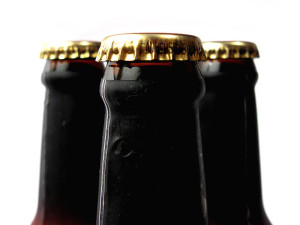In cases that result in drunk driving convictions, a judge may assign varying penalties, depending on things like defendant’s prior criminal record and whether anyone was injured. In some cases that result in direct injury to another person, the court may order restitution. This is money paid by defendant to the victim in order to compensate for certain losses.
It is separate and apart from any civil liability action that may be taken by victim(s). Victims can sue a drunk driver in civil court to obtain compensation for things like medical bills, lost wages, loss of life enjoyment, pain and suffering, etc. The circumstances under which restitution may be compelled are spelled out in F.S. 775.089.
If a judge in a criminal case orders you to pay restitution, it would be unwise to seek the public’s help in paying it. The reason is that while the intention is to compensate the victim, criminal courts are concerned with penalizing poor choices. That means the person who commits the crime is responsible to pay the penalties for that violation. Recently, a man convicted of two counts of DUI manslaughter in Texas raised ire and generated headlines when he created a GoFundMe account to help pay his court-ordered restitution following a conviction for a crash that killed to highway workers. At the time, defendant’s blood-alcohol concentration was 0.118, more than double the legal limit. Continue reading
 Fort Lauderdale Criminal Attorney Blog
Fort Lauderdale Criminal Attorney Blog









